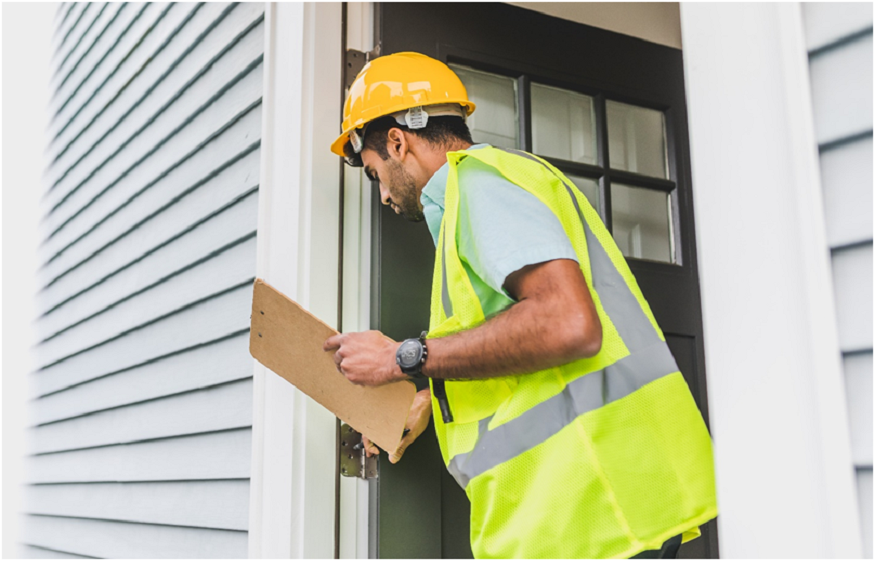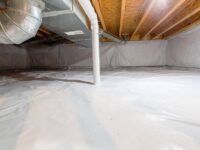Top 7 Things You Need To Know Before Buying a House

Buying a house is full of joy and excitement, whether it’s your first or tenth. However, before you sign on with the seller, there are some things you need to consider first. Asking yourself these questions before purchasing a new home can help ensure that you won’t get into any unexpected situations down the road:
1. Hiring a Home Inspector:
Hiring a home inspector is one of your most important decisions when buying a home. This is not something to skimp on, and it’s worth your spending on it. A good home inspector will thoroughly examine your house from top to bottom so that you can be sure that everything is in good working order before closing on your house. So, you should consider hiring a home inspector in any state in which you’re considering buying a home. For example, suppose you are looking for new homes in Rancho Cordova, California. You should hire a home inspector to look over the house carefully before you move in and make any decisions about buying it. This will help you avoid any unexpected problems down the road.
2. Considering the Hidden Costs:
The next thing you need to look at is the hidden costs. This is a catch-all category for everything that goes into owning a house, but not necessarily something that would show up on the initial price tag. Maintenance costs can range from minor repairs and cleaning to major renovations and landscaping work. How much you plan on spending on these depends on how much time/money you want to spend maintaining or improving your home. For example, if it’s an older house with outdated appliances and fixtures, then some of these might need replacing fairly soon after moving in (or even before). On the other hand, if it’s a newer build, then there may be no need for improvements until years later when they start showing their age. It’s up to each individual how much effort they want to put into making sure their property looks nice all year round. You also need to consider taxes.
3. Home Improvement Can Be Expensive:
Home improvement can be expensive, so consider all the costs involved before you dive in. Consider the cost of hiring a contractor, the cost of materials and labor, insurance, permits, and any other costs associated with your project. If you decide to do it yourself (DIY), there is still some expense involved because, most likely, you’re going to need tools and equipment to complete your project.
4. Figure out what you can afford and stick to it:
Once you’ve figured out what kind of house you want, the next step is to figure out how much you can afford. In this case, “afford” means considering your income and debt. To figure out how much house (and other expenses) will fit into the budget, first determine what monthly payment would be acceptable based on all other financial obligations like mortgages or car payments. Next, include an extra $100 per month toward home improvement projects (this will help keep costs down over time). Finally, calculate closing costs (including prepaid property tax), moving expenses, furniture purchases, and any unexpected expenses such as repairs or renovations. If possible, try saving up some money before purchasing real estate so that additional funds aren’t needed immediately after moving in.
5. Stay organized and have a plan from the start:
When it comes to buying a house, you need to be prepared on every level. You should keep all your notes in one place so you can easily refer back to them later if needed. It’s also important for you to have a plan for how you want this process to go down once the time comes for negotiation and financing—because both of these things can be stressful if not planned properly beforehand!
6. Aggregating Your Paperwork:
A good way to organize your paperwork is to aggregate it into one place. Aggregating means putting all of the documents in a single folder or binder, which you can then take with you wherever you go. With aggregated paperwork, each section of your house hunt is kept neat and organized so that when deadlines come up (and they will), it’s easy for you to find what needs doing next.
7. Asking About Warranties:
You should also look into buying a home warranty. This insurance policy will cover certain repairs and maintenance costs if something goes wrong with your house. A standard home warranty covers most things that would go wrong with your house, but they don’t cover every single thing. It’s important to do some research on what exactly is covered and what isn’t before purchasing one because the cost can add up quickly if you’re not careful.
Final Thoughts:
By keeping these tips in mind and doing your research, you’ll be able to make an informed decision and get the best deal on your house.





